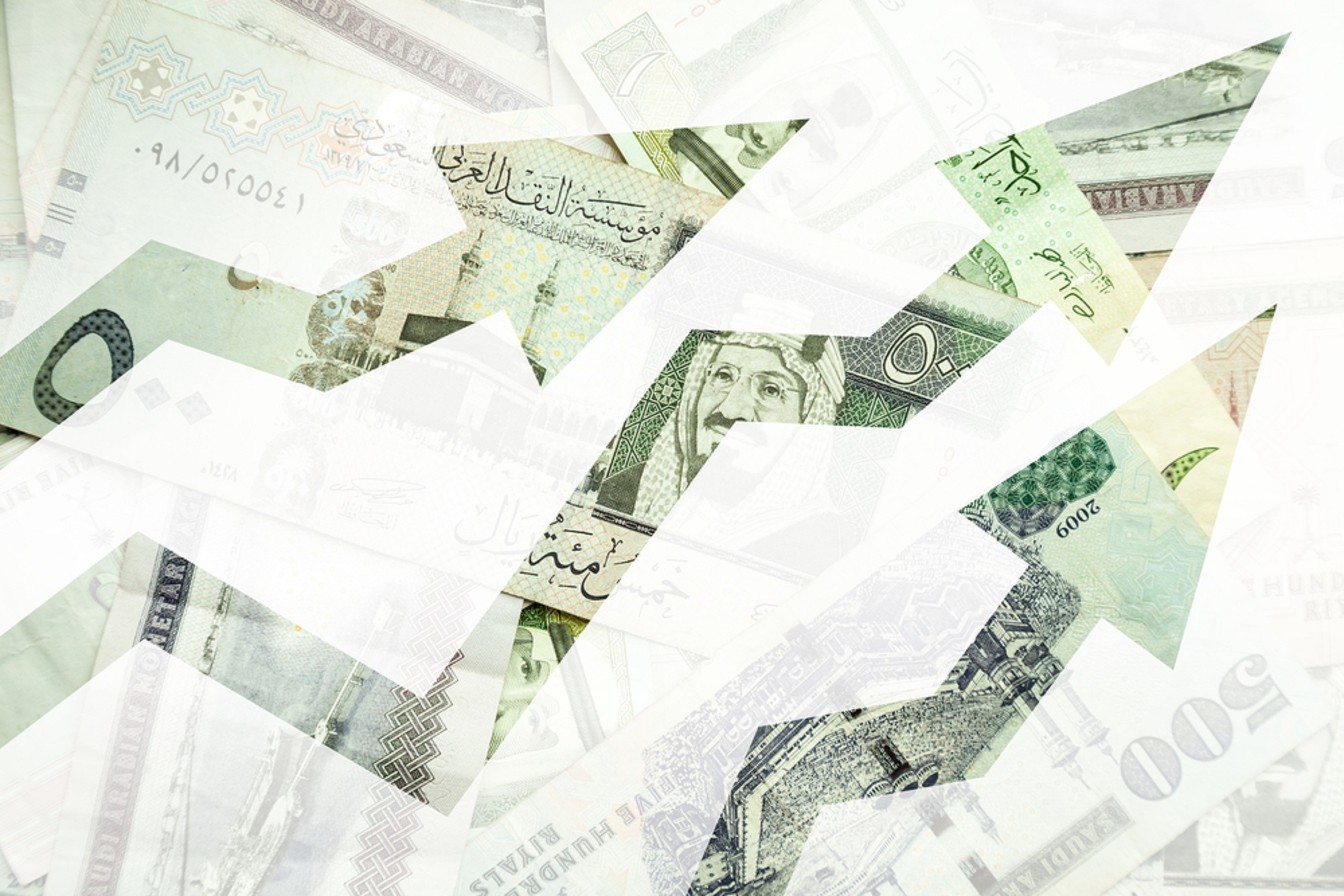It would be impossible to overlook the many ways in which the world is undergoing a dramatic paradigm shift towards digitization, and the banking sector is a prime example. As the worldwide banking model continues to evolve and change, the interactions between clients and their banks increasingly occur in a primarily digital context. In addition, new non-banking players that carry out banking activities, such as peer-to-peer lending and crowdfunding, have entered the mainstream.
Traditionally, banking has been one of those sectors most resilient to change, for example consumers can easily avoid changing financial providers. Indeed, especially in developed countries, consumers tend to establish stable and lasting relationships, usually for several generations, with their bank or financial provider, even during times of crisis. In other words, until now, the relationship between consumers and financial providers has been one of loyalty and conservatism.
This situation, though, is changing thanks to the emergence of the digital era which is transforming how most users interact with their financial services and in the coming decades, the relationship will continue to transition into a digital context. This, together with the rise of fintech players, start-ups, and other companies that use technology to conduct the basic functions provided by financial services, has a great influence on how consumers store, save, borrow, invest, move, pay, and protect money. It undoubtedly represents the future of the financial sector around the world.
Meanwhile, many of the financial activities that have traditionally been carried out solely by banks are now being offered by the likes of telephone companies, insurance companies, social networks, and even some energy companies. These new players provide valid options for financing, loans, credit cards, and other products that were once considered exclusive to banks. In Spain, for example, the main telephone operators and even some energy companies are in an aggressive process of offering products that until now only a bank could offer. The telecommunications provider Movistar, for example, gives customers the opportunity to request and receive a loan via their mobile phone, thanks to a partnership between its parent company Telefonica and Caixa Bank. The more consumers become comfortable with digital banking services, the more such services will be in demand and the finance industry must find a way to respond.
This process is, of course, also impacting the Islamic finance industry. It should be remembered that Islamic finance, as we know it today, is a relatively recent phenomenon in accordance with the socially and ethically responsible practices of Sharia law, which emerged as an industry in the 1970s, led by professionals under the conventional banking mindset of that time. It is undergoing the very same digitization process as conventional banking. This digitization, however, poses specific challenges to Islamic finance, including the business and legal ramifications of the interface of the industry and technology.
The technological revolution demands a certain speed of action and if the Islamic finance industry does not keep pace, it risks disappearing or simply becoming irrelevant.
The success of blockchain in finance, as an industry at large, depends on a number of factors including the clarification of the regulatory context in order to guarantee legal certainty. In Islamic finance, the application of blockchain brings additional concerns. For example, one major difficulty may be encountered when assessing whether a particular cryptocurrency or crypto-security – beyond traditional securities, e.g. sukuks – issued in the blockchain is Sharia-compliant. There might even exist discrepancies depending on the particular jurisdiction or Islamic legal school concerned. Given the cross-border – or even a-national – nature of the new technologies, and particularly that of blockchain, the use of which is difficult to limit to a particular country or countries, the problem becomes significant.
Of course, the idiosyncrasy of Islam and the lack of uniformity in the interpretation of Sharia, together with the novelty of these new technologies and the difficulty in understanding their functioning and potential, make the challenge even greater. Indeed, in order to assess their legal framework, one needs to consider not only Sharia law but also the regulation of technology under secular law, which is in most cases still in its infancy. However, there are jurisdictions that are particularly well prepared for this change, such as Malaysia where legislation has recently been introduced to regulate cryptocurrencies within that country. Another example is the recent legislative modifications Saudi Arabia has introduced in different areas, for instance in the realm of sandboxes. These recent legal developments contribute to providing a sound framework which fosters legal certainty and, together with it, the industry in the region.
Education is another essential variable in the creation of a digital environment around Islamic finance. Islamic finance, and in particular the Islamic digital economy, is in urgent need of professionals who are well versed in the Islamic financial model and all its characteristics and who are able to adapt the new emerging financial models to the requirements of Islamic finance. The Sharia boards of institutions need knowledgeable professionals who are able to study these new financial products and then issue opinions and recommendations as to whether they can be Sharia-compliant and thus put into practice. It goes without saying that the technological revolution demands a certain speed of action and if the Islamic finance industry does not keep pace, it risks disappearing or simply becoming irrelevant. Therefore, it is essential to have Islamic finance professionals who are educated in this new era, and can thus provide value, ideas, and add to the debate in a productive manner.
Digitization and new technologies are going to lead to profound change in the financial world in all societies. Will Islamic banking and finance be able to adapt? Its very survival depends on it. What is clear is that the coming generations – who also make up the societies based on Sharia principles – will understand finance in a very different way from how it has been understood until now. They will be mostly digital natives and this means it will be necessary for the business model of Islamic finance to be flexible and adapt to what new demands present themselves in the modern world.
This new paradigm faced by Islamic finance comes with an opportunity for increased efficiency – but more importantly it represents an opening to achieve greater inclusiveness of unbanked social sectors that previously did not have access to the standardized financial system, thanks to the simplification of financial models and the emergence of new non-banking players in the financial sector. It remains to be seen, however, what will come of the Islamic digital economy —and this is why it is necessary to achieve greater uniformity and legal certainty in the digital realms of Islamic finance, and to do so as they unfold, and work towards high standards of protection against the risks inherent in these new financial models. It is through legal certainty that such potential can be unleashed.
© IE Insights.








